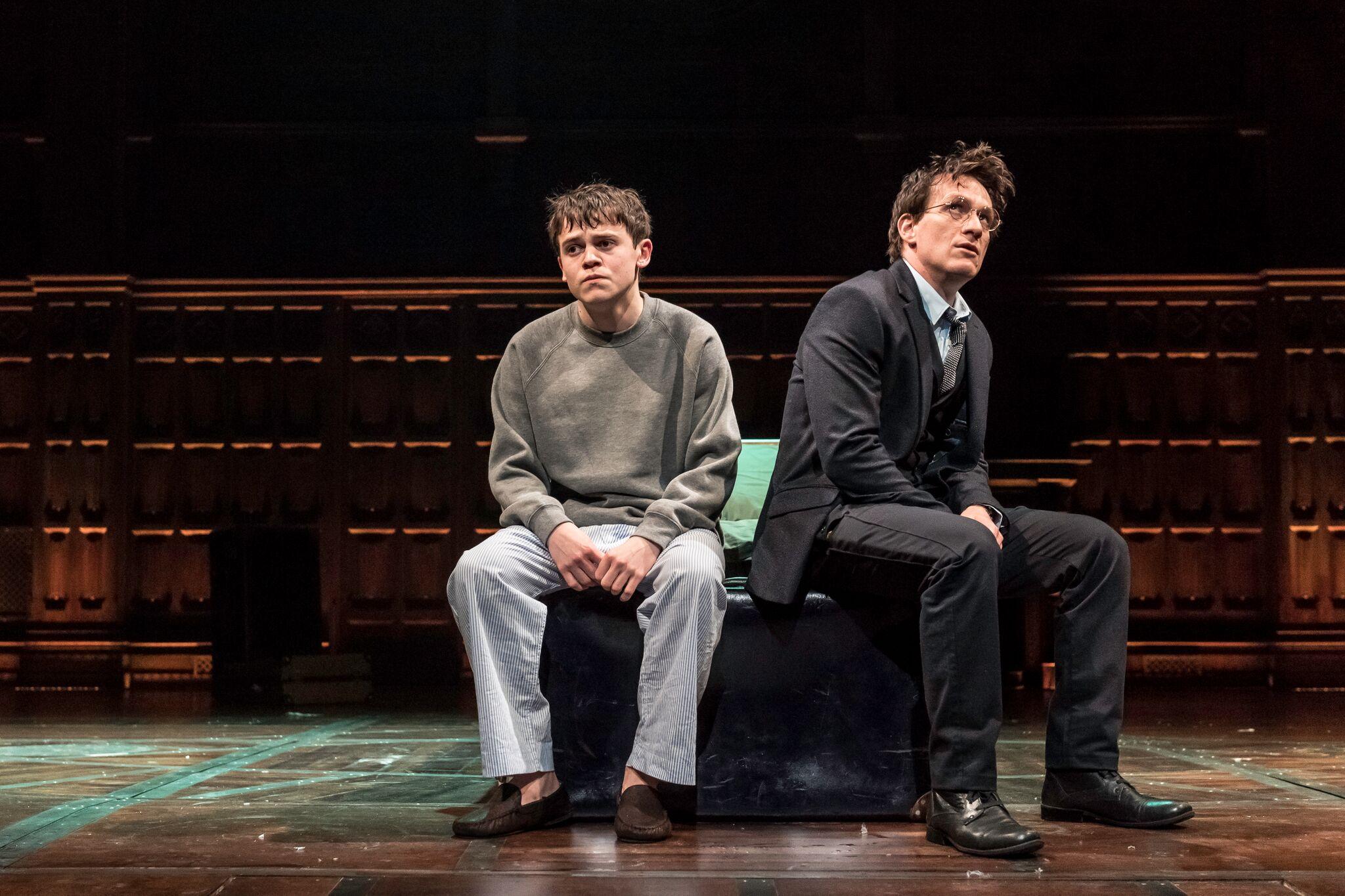Harry Potter and the Cursed Child book review: How the script compares to the Palace Theatre production
Is the magic still there?

Your support helps us to tell the story
From reproductive rights to climate change to Big Tech, The Independent is on the ground when the story is developing. Whether it's investigating the financials of Elon Musk's pro-Trump PAC or producing our latest documentary, 'The A Word', which shines a light on the American women fighting for reproductive rights, we know how important it is to parse out the facts from the messaging.
At such a critical moment in US history, we need reporters on the ground. Your donation allows us to keep sending journalists to speak to both sides of the story.
The Independent is trusted by Americans across the entire political spectrum. And unlike many other quality news outlets, we choose not to lock Americans out of our reporting and analysis with paywalls. We believe quality journalism should be available to everyone, paid for by those who can afford it.
Your support makes all the difference.For every Harry Potter fan, the release of The Cursed Child is a dream come true. Who thought an eighth part to the Boy-Who-Lived’s story would actually materialise so soon after the main series finished? However, it quickly transpired this was going to be no normal book release.
JK Rowling chose to release The Cursed Child as a play, one ‘tailor made for the stage’ as noted in The Independent’s five-star review of the Palace Theatre production. Critics, including myself, were blown away by the magical performance, Jack Thorne and John Tiffany helping Rowling create something of immense wonder.
So, how does the script, released to the public in book form, compare to the theatre production? Is the magic still there? Already, fans have devoured the story, taking it apart bit by bit, uncovering inconsistencies in the story telling, particularly regarding a certain time-turner paradox. Could it have ever lived up to expectations?
Unfortunately, as fantastic as the production was, racing through the script was never going to compare. Where stage theatrics sparked imaginations, now there are brief lines quickly explaining huge set-ups; everyone knew the script couldn’t compete with the stage production, begging the question, should this have ever been released in this format?
An example of the script being unmeasurable against the production comes in act one, scene four. It starts with the explanation: “And now we enter a world of time changing. And this Scene is all about magic.” In these few pages our hero, Albus Severus Potter, goes from being sorted into a Hogwarts house in his first year to rushing onto the Express in his third. Along the way, we’re treated to a brief Quidditch lesson, Great Hall assembly, and a Potions lesson, but they’re all so brief we hardly get a flavour of what is actually happening.
On stage, it was one of the play’s greatest scenes; fast pace but with vivid imagery. If The Cursed Child was perhaps written as a book this could have been built on but, in these pages, we barely get a taste of these formative years. It’s so quick, so little is said, readers will race through, given little direction as what is happening.
Another example comes when the new generation of wizards drink a Polyjuice Potion. In previous books and on stage, it was utterly hilarious as Rowling’s heroes transformed, yet, as a script, the scene passes by rapidly, the humour and magic lost.
Of course, this is the problem with releasing The Cursed Child as a script, and one we must all be resolute with. For those who are unable to see the stage play, there’s still a lot to enjoy in the script. Scorpius Malfoy, son of Draco Malfoy, is the highlight of the script, funny throughout. Meanwhile, the titular hero, Harry Potter, has evolved into a slightly grumpy father and one who lacks some basic parenting skills. It’s a natural progression for an orphan thrown into the spotlight that is interesting and will no doubt anger some fans.
Without giving too much, the first half is quite innocent, while the second takes a dark turn thanks to a time-twisting plot that - when read at a reasonable pace - can be quite confusing, at times reading like fan-fiction, particularly when cameo when cameo after cameo rolls in.
If you do have the luxury of being able to attend the Palace Theatre production, I highly recommend it. If you’re unable to do so, perhaps wait until the inevitable three-part film series comes.
Join our commenting forum
Join thought-provoking conversations, follow other Independent readers and see their replies
Comments